What is Ethereum - World's Second Largest Cryto: How it works, Price Predictions, Guides to Invest
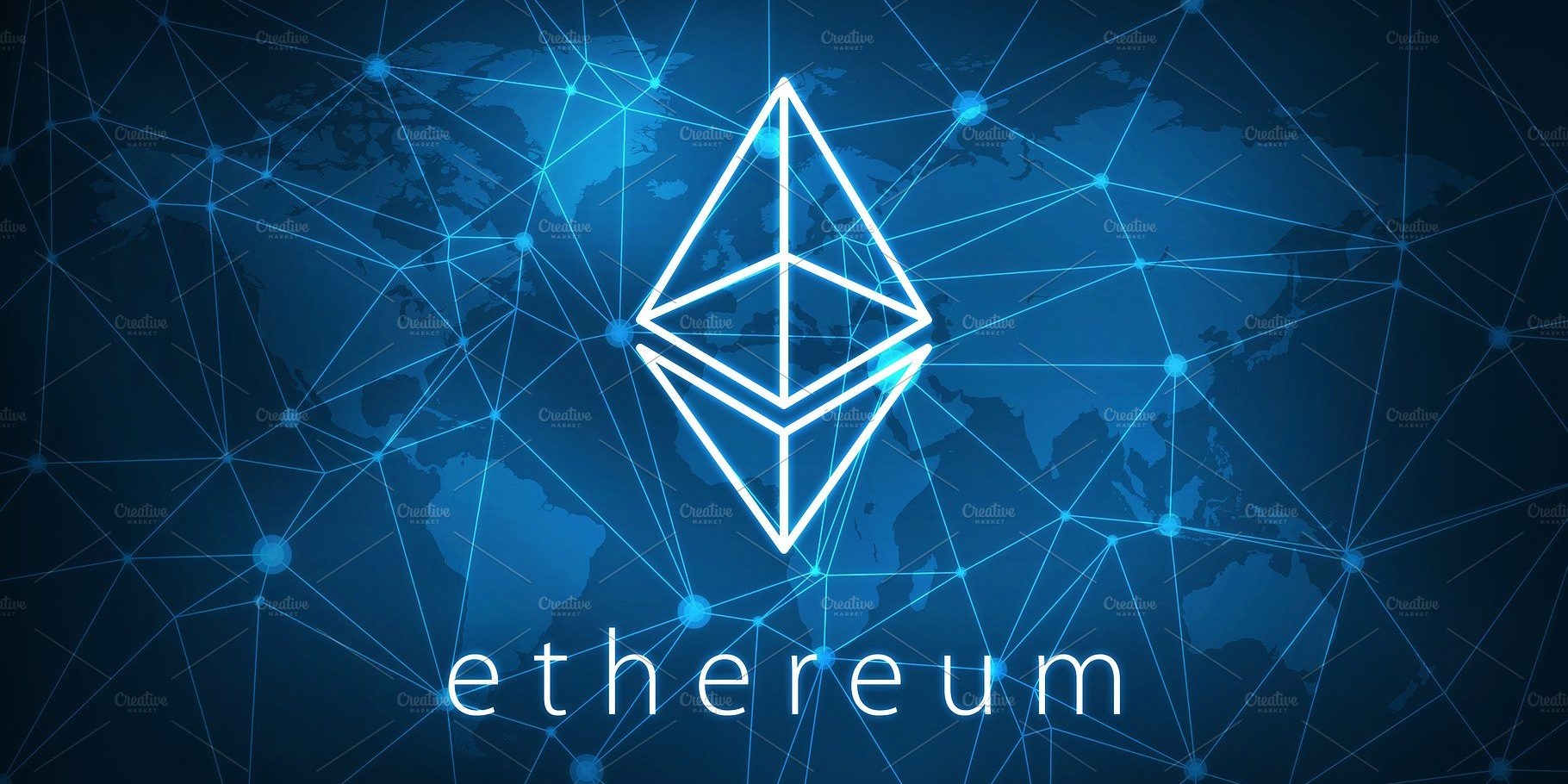 |
| Ethereum is the send largest cryptocurrency in the world. Photo: Regard News |
You may have heard that Ethereum is a cryptocurrency like Bitcoin. Although Ethereum is the second-largest cryptocurrency by market cap, it is much more than a virtual coin. It's also a blockchain platform, and the cryptocurrency - used to conduct transactions on the platform - is actually called Ether, or often referred to as Ethereum.
What is Ethereum?
Launched in 2015, Ethereum is an open-source, blockchain-based, decentralized software platform used for its own cryptocurrency, ether. It enables SmartContracts and Distributed Applications (DApps) to be built and run without any downtime, fraud, control, or interference from a third party, as cited by Investopedia.
According to The Street, Ethereum operates via a global network of computers that work together as a supercomputer. The network assembles and runs smart contracts - applications that are, in theory, independent from any third party interference or censorship, as the blockchain is resistant to tampering. Smart contracts run exactly as programmed, greatly reducing the risk of fraud, and are self-executing, like an automat or vending machine that carries out the contract terms digitally. Once certain conditions are proven to have been met, such as the transfer of payment, then the merchandise is conveyed or made accessible to the buyer.
How was Ethereum born?
Ethereum was founded by 19-year-old Russian-Canadian Vitalik Buterin, whose intent was to take the technology that powered Bitcoin's digital currency and use it to democratize everything from organizations, business, currencies and even enable users to create "your own country with an unchangeable constitution" - putting the decision-making and power to create anything and economic control into the hands of individuals and taking it away from the world's central banks, corporations and power brokers.
 |
| Ethereum was founded by Vitalik Buterin. Photo: CoinMarketCap |
What are the differences between Ethereum & Internet?
The difference between Ethereum and the internet is that all of these agreements and all the data pertaining to your transaction are stored in individual blockchain ledgers, not in some central warehouse like Google's (GOOGL) - Get Report cloud or Facebook's (FB) - Get Report servers, so it isn't as likely to be compromised by a data breach. The user is in control of her own data.
Ethereum is not just a platform but also a programming language (Turing complete) running on a blockchain, helping developers to build and publish distributed applications.
What is the cryptocurrency of Ethereum?
Running the computers that execute code to power Đapps is costly and consumes a lot of power, so Ethereum created Ether - its cryptocurrency - in order to incentivize programmers to run the Ethereum protocol on their computers. Those programmers are compensated in virtual Ether coins for contributing resources and writing quality applications so the network remains healthy.
How does Ethereum work?
Based on blockchain technology, Ethereum consists of a series of cryptographic, or secure, public records linked together that each is difficult to change because they are stamped with user data, time and date, and changes that must be approved by all users.
On the ledger, anyone can create a financial contract or keep debt or ownership registries and eliminate the use of an external recordkeeper or trust officer. They're called "trustless" transactions because they eliminate the need for trusting the counterparty to the transaction since the contract is self-fulfilling.
Because of its sweeping size and scope, Ethereum's main technical problem has been speed and storage. It has operated at only a few transactions per second, with other crypto platforms able to carry out hundreds. Users have complained of bottlenecks and the expense of using the platform.
Should we invest in Ethereum?
2019 was not the most fantastic year for Ethereum compared to the rest of the market. At the low, the cryptocurrency reached prices of $80 per ETH token. From low to high, Ethereum rallied over 250% but failed to hold at resistance and eventually retested its bear market bottom in 2020, plummeting to just $90. At the peak that year, Ethereum topped out at a price of $360 per token.
However, 2020 kicked off an entirely new year for Ethereum, fueled primarily by the growing decentralized finance trend. Ethereum transaction fees have been soaring, further helping ramp up demand for the number one altcoin. The total amount of Ethereum locked up in DeFi applications has grown to nearly 7 million ETH and billions of dollars in value. This alone will help keep demand for Ethereum high due to supply being parked in these applications. Ethereum 2.0, when it eventually arrives, will also let Ethereum holders stake the cryptocurrency to earn more tokens, but only those with a large amount of the supply can enable staking.
In addition to the decentralized finance trend helping to build upon Ethereum’s strong foundation of fundamentals, data shows that nearly all other metrics have grown. Active addresses are nearing 500,000, and total transaction volume daily has exceeded $2.5 billion, with over 1 million transactions per 24 hours period, as cited by Preim XBT.
Developers are also extremely active on the platform, drawing attention to the token as their tool of choice to build on. New projects are launched regularly, giving Ethereum investment incredible long-term potential.
Ethereum Price Technical Analysis and Price Predictions
While anyone can see that Ethereum as an investment holds much promise and will surely reward investors with all the support and potential ETH has, it’s not always clear exactly what prices that Ethereum may reach and when. Technical analysis from the industry’s best analysts has been gathered to help understand if some of the price predictions from experts match what the charts are saying.
Ethereum has broken up and out from downtrend resistance and is poised to potentially target as high as $750 before 2020 or into early next year.
Ethereum Price Predictions 2021 – 2022
A massive triple bottom chart formation could take Ethereum back to retest former all-time highs at $1,400 before the end of 2022. How Ethereum reacts there could shape the future of the cryptocurrency.
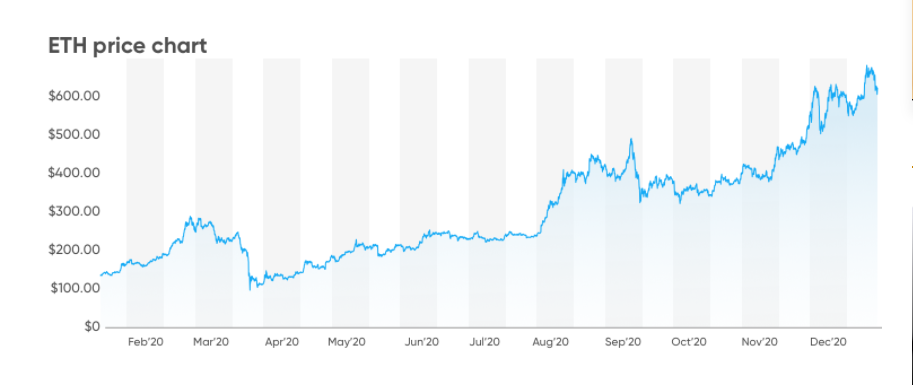 |
| Photo: Capital |
Ethereum Price Predictions 2023 – 2025 and Beyond
When the triple bottom is complete and Ethereum takes out its former all-time high, it could reach prices of over $35,000 per ETH before the end of the year 2025.
Will Ethereum overtake Bitcoin?
Ether is simply a product of Ethereum. Ethereum is actually a huge computing network that enables anybody to build a decentralized application. A business, if it decided that it needed a blockchain developed solution, could employ a programmer to build that on the Ethereum platform.
Ether, while associated with the Ethereum platform, is capable of performing the same function as Bitcoin. Whether or not it does so is simply a factor of the parties to any transaction determining whether or not Ether has any value to them.
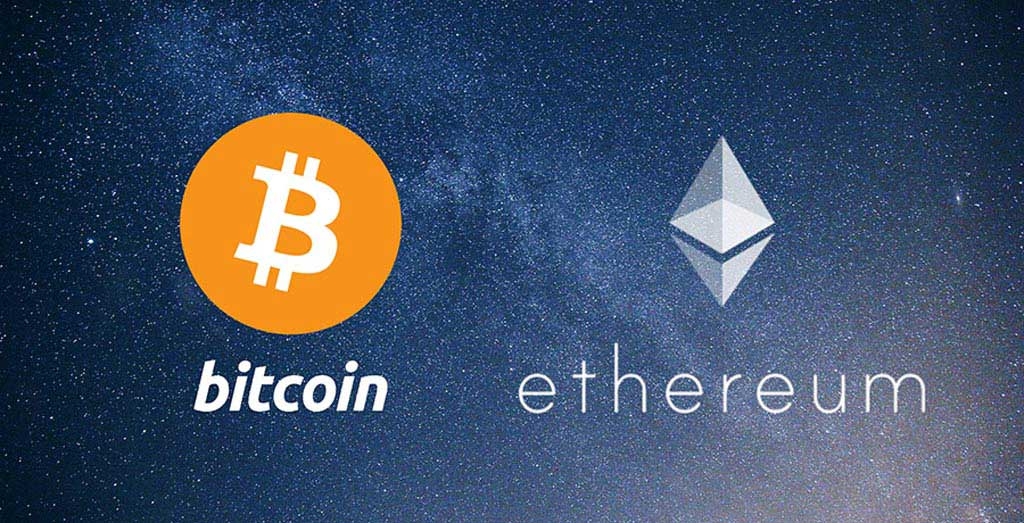 |
| Photo: TechStory |
As we have seen, governments are beginning to put restrictions on cryptocurrencies, concerned that their citizens are speculating on something which their governments perceive they do not understand. While this could impact Ether, Ethereum wouldn’t be affected. If governments put restrictions on cryptocurrencies including Ether, businesses will still be able to use the Ethereum platform for things such as payment services, which banks and many other entities are doing already.
According to Finance Digest, the biggest threat to Bitcoin remains Bitcoin itself, with the continuing creep of government regulation and the ongoing tag of financial crime driving market behaviors. Ether has the advantage of being associated with Ethereum, and Ethereum does what Bitcoin cannot do, and came to be because of the limitations and single function of Bitcoin. Despite this, while Ether is clearly a competitor to Bitcoin, bearing in mind that the combined market capitalization of both is way south of the market capitalization of some of the world’s biggest companies, there is room for both at present, and for now, Ethereum won’t “overtake” Bitcoin.
How to invest in Ethereum?
To invest in Ethereum, you just need to buy some ETH. You will also need a crypto wallet to store it. The best quality crypto exchanges will offer free built-in crypto wallets to store your Ethereum and other coins.
Then, of course, you will want to be able to monitor the price of your Ethereum so you can decide when to sell and cash in on your investment. A cryptocurrency exchange easily facilitates all this.
| A step-by-step guide on how to invest in Ethereum: 1. Choose a cryptocurrency exchange. We recommend StormGain for the best bonuses. 2. Register an account. 3. Buy Ethereum via bank transfer, credit/debit card or by exchanging Bitcoin or another cryptocurrency. 4. The platform will exchange your funds for the chosen amount of Ethereum. 5. Once Ethereum is in your wallet, monitor your investment by keeping up with ETH price and market trends. 6. When you’re ready to make a profit, sell or exchange your Ethereum. |
The best place to invest in Ethereum is on a cryptocurrency exchange. Ideally, you want an exchange with a modern, easy-to-use design that you can access from your main computer or your smartphone. That way, you’ll eliminate the need to hire a broker and save both time and money.
A good cryptocurrency exchange will offer bonuses for large deposits and active users. It never hurts to have a little more money, so make sure that you’ll get something extra when you put money in, as cited by Storm Gain.
Some tips to invest in Ethereum:
Do Your Research: The first thing to do when you have decided to invest in Ethereum is to do some research on the internet. This will help you understand what you are getting yourself into. The good thing is that there are so many resources on the internet that can enlighten you on this subject. At the end of the day, you will be able to know the logic behind this cryptocurrency, which in return will make you make an informed decision, Founders Guide cites.
Start Small: It’s advisable for first time investors to spend little money when buying Ethereum. This is because the digital currency is not regulated by government like stocks and paper money. The cryptocurrency can therefore be manipulated by people in inner circles and crush without a warning. In such a case, you would end up losing all your money. It’s therefore recommended you pump in little money even if you consider yourself among the rich to prevent the frustrations that come with such unwarranted crushes.
Don’t Put Your Eggs in One Basket: Once you have budgeted for Ethereum, you should not use all the money to buy just one digital currency. This is because there is no guarantee that the cryptocurrency will rise in the near future. In fact, the digital currency might just depreciate immediately after you invest in it. You can protect your investment by buying different cryptocurrencies. This is like hedging. The advantage of this strategy is that one digital currency can dive deep down while the others are rising steadily.
Find a Reliable Wallet: An Ethereum exchange platform should never be used like a bank. This is because the online platform can be hacked due to a security breach. When you make your profit from selling Ethereum, you should always move the digital money into a safe money wallet. That way, it’s easier to manage it because most online wallets are here to stay. In fact, majority of them have been around for a long time.
Be Patient: Investing in Ethereum is not a get rich quick scheme. In fact, profits trickle down to those who have the patience of a saint. When you buy Ethereum, you have to forget about it for several months if not years, and focus on other things as you wait for it to appreciate. If you dispose your digital currency after a few days or weeks, you will only get a small profit.
As a matter of fact, the market is likely to fluctuate due to volatility. When volatility is low, the digital currency will rise or fall slowly and vice versa. Ethereum is therefore not ideal for the fainthearted. At the end of the day, it’s advisable you invest money that you can afford to lose because digital currency is risky and lucrative in equal measure.
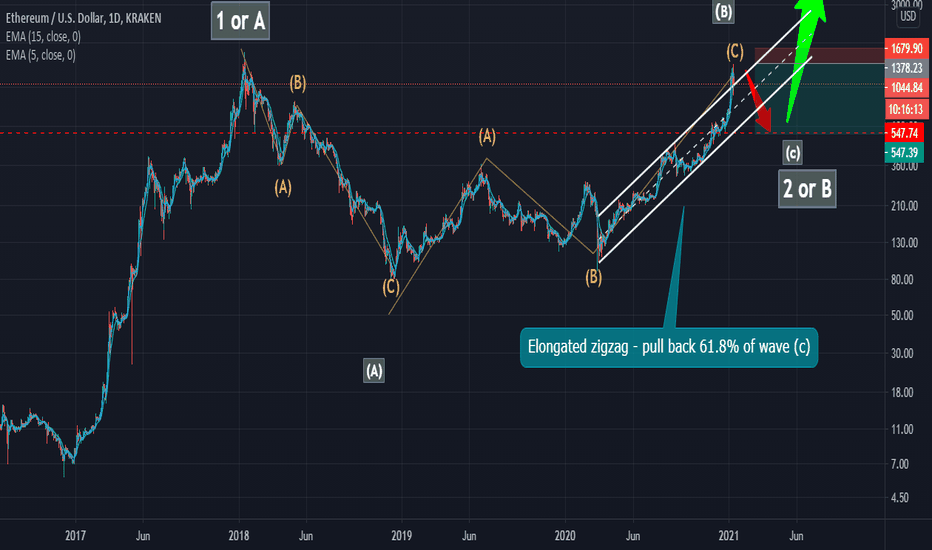 |
| Photo: TradingView |
| Ether, the world’s second-biggest cryptocurrency, is closing in on an all-time high Ether is closing in on an all-time high. The cryptocurrency, one of many alternatives to bitcoin, rallied as much as 17% on Tuesday to an intraday high of $1,439, according to data from industry site CoinDesk. That’s just shy of the $1,448 record ether hit in early 2018 when major cryptocurrencies led by bitcoin climbed to new heights before slumping sharply later in the year. Ether, the world’s second-biggest cryptocurrency by market value, has almost doubled year to date. Bitcoin has been in the spotlight for several months now, thanks to a blistering rally that saw it notch fresh highs. The cryptocurrency shot up close to $42,000 a couple of weeks ago but has declined since and was the last trading at $36,980. It’s still up almost 30% so far this year and has surged more than 800% from its 2020 low in March. Bitcoin bulls say its rise has been helped by increased institutional buying and the perception that it is an uncorrelated safe haven asset akin to gold. On the other hand, skeptics in the traditional financial world — like economist Nouriel Roubini and strategist David Rosenberg — view it as a speculative bubble. According to CNBC, Bitcoin was the original cryptocurrency, created in 2009 as a peer-to-peer payment system that doesn’t require a central authority to maintain. Alternative digital coins that were created after bitcoin, like ether and XRP, are known as “altcoins.” Ethereum, the network that underpins ether, is touted by its proponents as a potential infrastructure for a decentralized internet. That’s because developers can build applications on Ethereum, known as “decentralized apps.” The Ethereum blockchain — a digital ledger of transactions in the cryptocurrency— began a major upgrade late last year called Ethereum 2.0. Ether investors say it will make the network faster and more secure. Detractors have complained of sky-high transaction fees on Ethereum. The average transaction cost for ether surged to a record high of $16.53 on Jan. 11, according to data from BitInfoCharts, triple the peak average transaction fee in 2018. By comparison, bitcoin transaction fees are rising but are nowhere near a late-2017 peak. They climbed as high as $17.09 on Jan. 12, which is still down 69% from an all-time high of $55.16 on Dec. 22, 2017. |
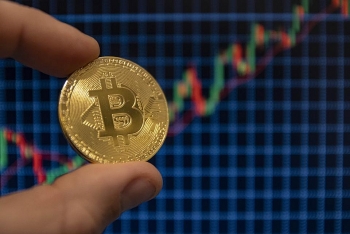 5 Dangerous Investment - Beware of these investments in 2021 5 Dangerous Investment - Beware of these investments in 2021 Many people want to increase their amount of money by investment. But not everyone can succeed in this field. People have to acknowledge potential risks ... |
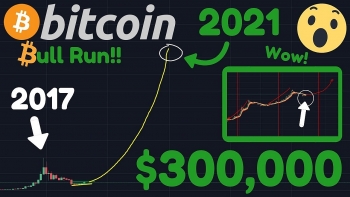 Prediction: Prices of Bitcoin, Cryptocurrency and Blockchain in 2021 Prediction: Prices of Bitcoin, Cryptocurrency and Blockchain in 2021 2020 is coming to an end in just a few days, so let’s take a look at some cryptocurrency and blockchain predictions for 2021. |
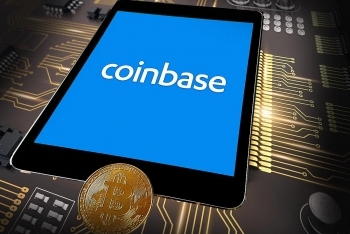 What is Coinbase and How to Use Coinbase? What is Coinbase and How to Use Coinbase? Coinbase is a digital currency exchange headquartered in San Francisco, California, United States. Read on for more information about this digital currency broker exchange! |


























